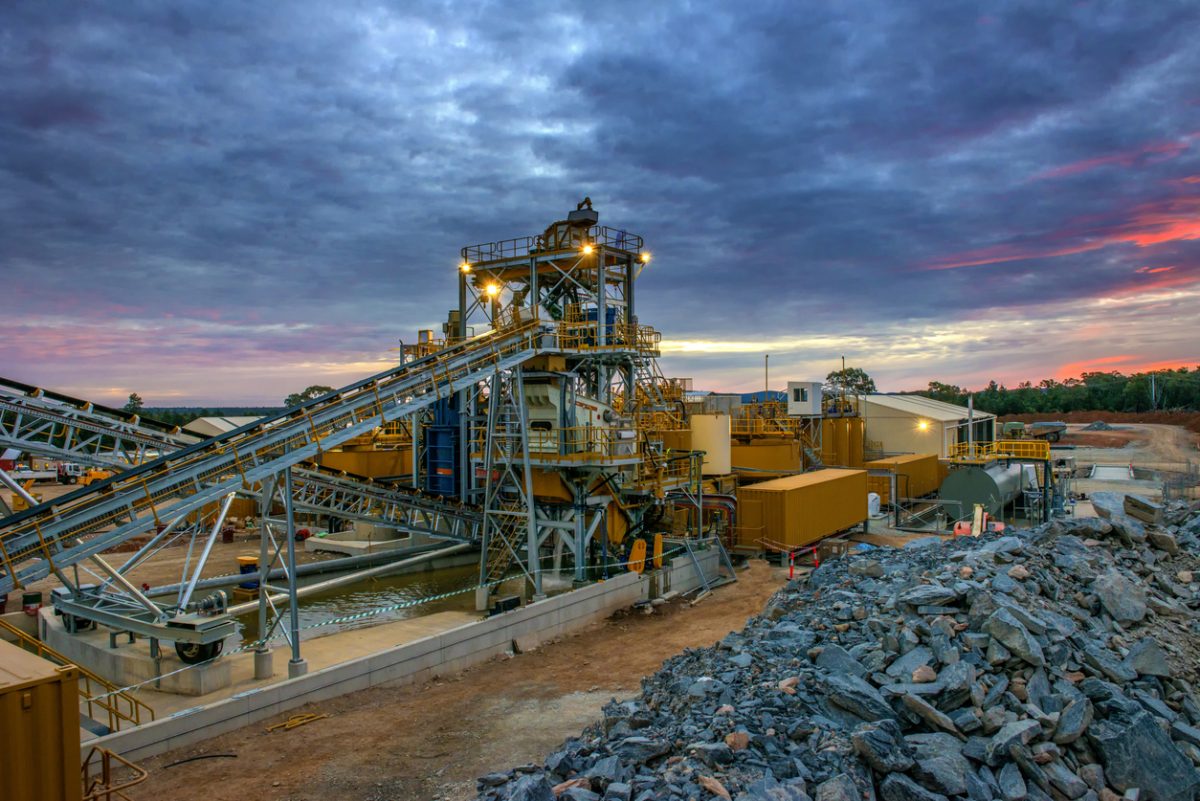Lengthy permitting processes biggest obstacle to development of new resource projects in U.S., according to study by Woodrow Wilson International Center for Scholars.
The Woodrow Wilson International Center for Scholars, one of the United States’ top think tanks, released a study in October on the country’s supply of critical raw materials such as rare earths. According to the study’s authors, there is no magic formula for improving the current situation, which is characterized by heavy dependence on imports from Asia. Rather, they say, a “mosaic approach” is needed that involves many steps and involves both the private sector and the state. The first step, he said, is to recognize how large and how fast the demand for critical raw materials will grow in the future.
Driven, among other things, by the technologies deemed necessary to achieve climate goals, raw material consumption will be significantly greater than the current global production volume, according to the study. In the discussion about raw material supply, however, the focus is often only on extraction and further processing. But it is also important to talk about the lengthy approval processes. In some cases, 17 years pass from exploration and initial feasibility studies to completion of the infrastructure. To illustrate, the authors cite a 2012 study that shows the U.S. and Papua New Guinea as the countries with the greatest number of delays in obtaining permits.
For the entire critical raw materials value chain to be established in the U.S., government and industry would need to work more closely together. This would be the only way to create favorable conditions for investments that take into account ESG criteria, i.e., that are environmentally, ethically, and socially sound. Previous attempts to shorten approval procedures have encountered considerable resistance. Procedures are also becoming increasingly politicized, and dialogue with non-governmental organizations (NGOs) and the people directly affected is therefore essential to create acceptance for new mining projects.
To achieve the goal of security of supply, the United States depends on cooperation with allied countries. In this context governments and industry must develop common standards for environmental and social sustainability. This applies equally to mining and processing.
The fact that the mining industry has a reputation as a “dirty” industry could also be a reason why fewer and fewer people are choosing relevant courses of study. However, these young talents are essential for the future, as the International Labor Organization (ILO) recently wrote.
Photo: iStock/Alfio Manciagli


